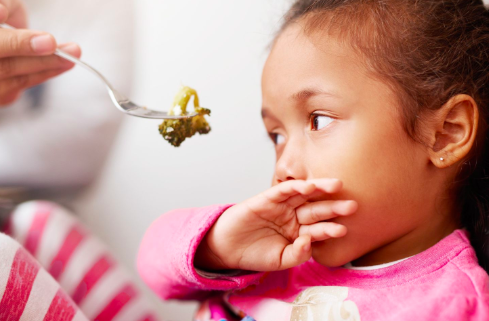My Child Has a Poor Diet

In this article, I would like to explore the concept of eating a poor, unhealthy or low nutrition diet. In my work as a therapist in Essex, I work with children, young people and teenagers in which over the years I have noticed an upward trend in the number of cases relating to poor relationships with food.
Food is not just important in the context of maintaining our bodies in a healthy state, it connects with so many different aspects of being human. For example, eating is often a social affair. Even if you run a household where no one speaks at the dinner table, there is still a sense of connection and communication that occurs at this event. For most families, however, coming together at the dinner table is an important part of the day where the family gets to exchange stories and be together. So when these times are interrupted by arguments or upsets around who is eating what and why mealtimes can end up being a battle instead of a joy.
There’s a whole number of different circumstances that can lead to your child feeling drawn towards an unhealthy diet instead of a healthy one, and very often this starts at a really young age. I know of many cases where children have had a one-off incident with a piece of food such as chocking and vomiting, that then created trauma in their mind leading to them feeling fearful around eating certain foods, and even affecting their behaviour at mealtimes. If these events are not properly resolved or addressed early enough they can go on to cause significant problems later in life. For example, children becoming so fussy that they completely refuse to eat unless they are given what they want and are fed it in the way that they want it e.g. having their food pureed or liquidised.
It is, of course, impossible to maintain these sorts of habits as they grow older and any attempts to do so will likely cause them to go on to develop other food-related issues later in life, such as phobias, becoming overweight, underweight, or other more severe food controlling behaviours such as anorexia or bulimia. For parents, this is a difficult problem to tackle alone because one of our greatest fears is that we fail to care for our children adequately and behave in a way that might cause them harm. So rather than insisting that they eat the dinner they have been given or go without, we can find ourselves providing them with something such as a chip butty on demand just to ensure that they eat something.
I have never ever in my working life known a child to starve themselves to a point of illness. What can often happen instead is that there is a battle of wills between parent and child, where the parent knows what’s best and the child knows what they want, therefore we are faced with a situation or standoff to see who will win. If you have ever experienced a child demonstrating pester power, the demand to get something they really want, you know that it can be relentless. In order to change your child’s eating habits, you are going to need to out-persist them in the pursuit of getting them to change their habit. It will unlikely be easy, it most certainly will not be comfortable, and you are going require help and guidance to get you to stick to any plans that you make.
In my therapy practice in Crays Hill, Essex, I will work with both you and your child to develop a healthier way of life, but more importantly to navigate the obstacles and difficulties that you will both face in your pursuit of achieving it. You can find out more about a free consultation session, which I have available throughout the county in Crays Hill, Billericay, Basildon, Wickford, Southend-on-sea, Chelmsford, Colchester and Brentwood, and can arrange this session by calling me on 07958 203 274.

Leave a Reply